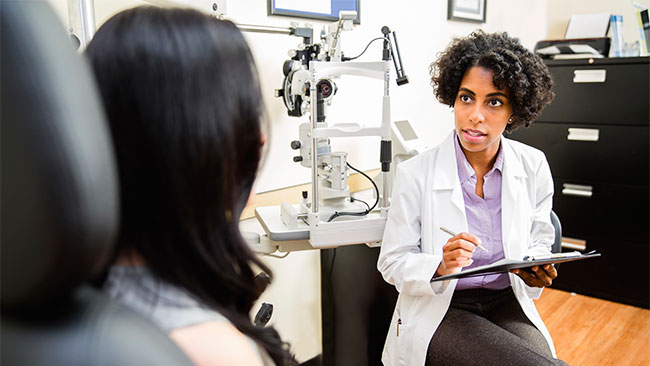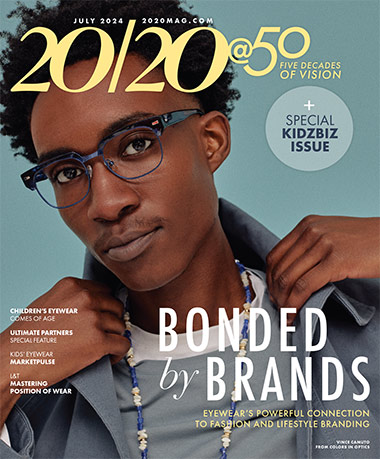Effective conversations have never been easier to have then when you stop talking. It may sound it bit counter intuitive at first until you understand that it's not the talking but listening, that makes a good conversation.

We have been taught all through our schooling years that to demonstrate what we know and to impress upon others our value, we need to speak up and spew forth all we know. It's how we were graded, found new friends, projected ourselves to others and created our own self-confidence. Speaking up is still very important, but when we speak up is even more important.
The key to an effective conversation with employees, patients, friends and family is not your ability to share what you know, rather your ability to constrain yourself from talking and instead focus on asking good questions. "The world belongs to the askers" is a quote from one the masters of selling and communication, Brian Tracey. We never ask enough questions. Ever. And yet, it is paramount to our success in business and caregiving. We simply cannot give our best advice or recommendations until we know what the depth, breadth, and priority of the needs, wants and desires of our patient are fully understood. How can we accomplish that simple understanding between patient and caregiver, employee and employer if we do not ask questions?
Do yourself a favor and force yourself out of the rut of asking the same questions to every single patient. I cannot think of more missed opportunities in an optical practice than the lack of creativity in asking good questions to your patients.
Here is a simple way to ask questions to maximize your conversations: think of being in an airplane. At 30,000 feet you can see everything: the horizon, the sky above and the ground below. You never have as much freedom in a conversation than at this high level. Ask the questions that are extremely general and encourage the person to open up and share all manner of things. Then, just like in a plane, grab on to the things are germane and come down 10,000 feet. Ask a few more questions at this level to gain greater insight and understanding. Drop another 10,000 feet and hone in on specifics and dig deeper into wants and concerns. Finally, prepare for landing. Repeat to your patient all that you have heard them say, and ask them to prioritize the most important things, so you can prepare your presentation. Your solution should only include products and services that directly respond to what your patient has shared with you. Anything more than that will result in them feeling like you are upselling them.
It's now time for you to talk. If you are thinking you should have already jumped into the conversation, think again. You were assuming you knew all there was to know. When you find out you missed the mark, you have just added ten minutes to the conversation because you're "fishing" for information.
We are so accustomed to speaking first to prove we are the expert and full of knowledge and wisdom. Yet the most effective conversation you will ever have is one where there are only questions and few answers.

Michael Karlsrud, M.Ed., is the principle consultant of The Karlsrud Company, a leading training and development company serving organizations throughout the United States. He also is CEO of K-Calls, a contact center that provides communication solutions to the optical industry's suppliers and doctors. You can hear Michael as the host of The Vision Council's On The Road Sales Coach, or read articles in LabAdvisor magazine and The 20/20 Opticians Handbook.












